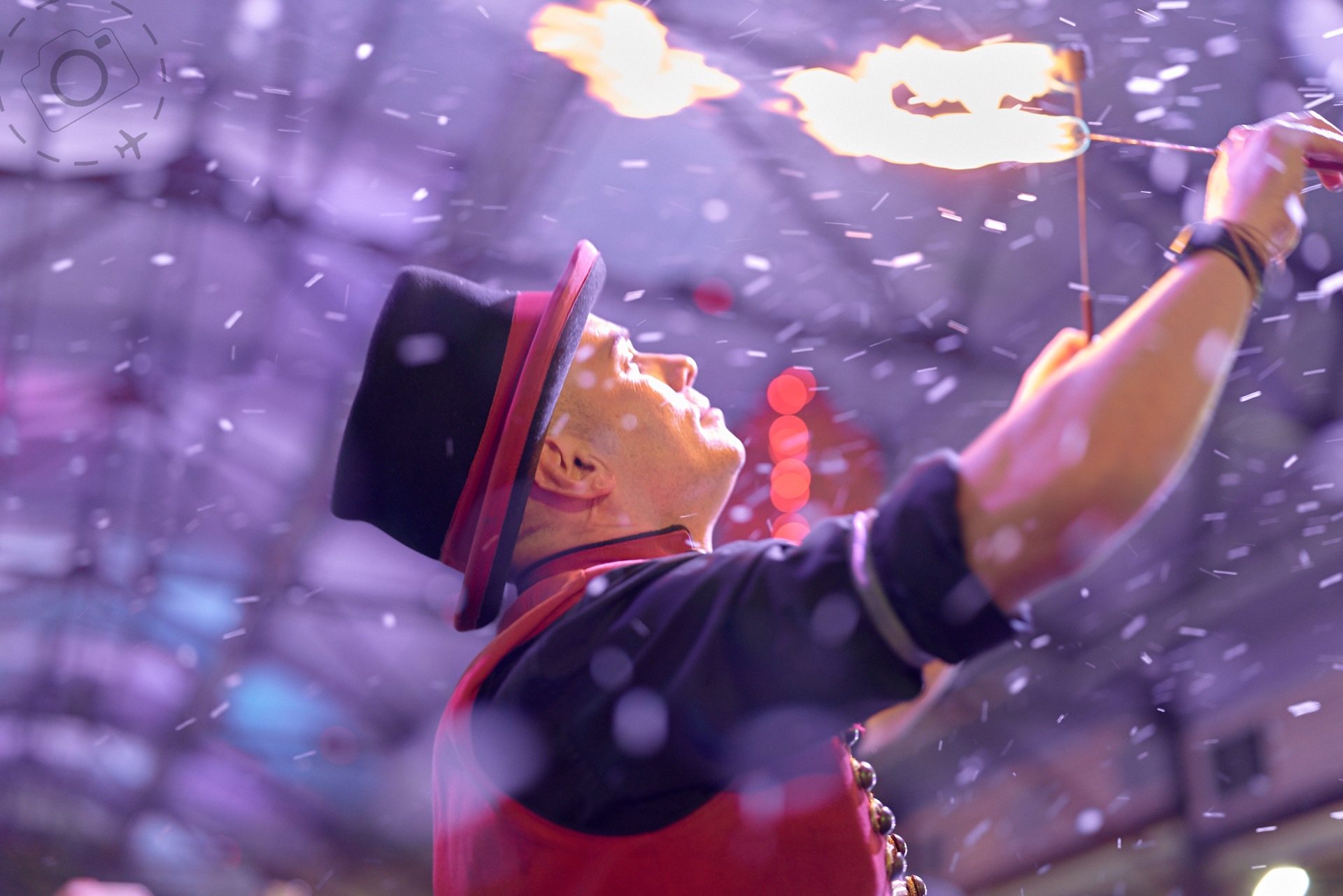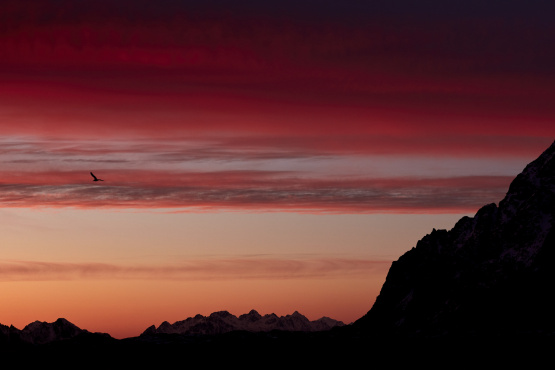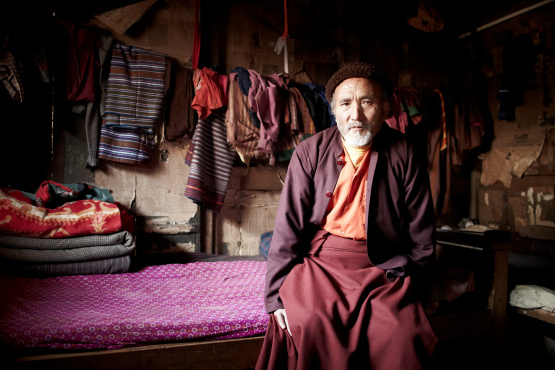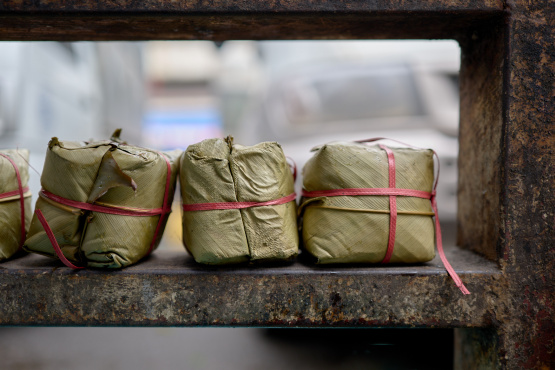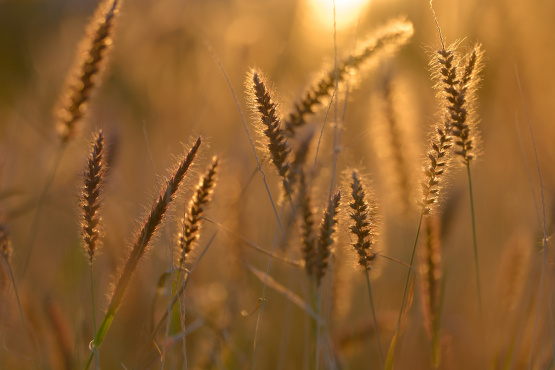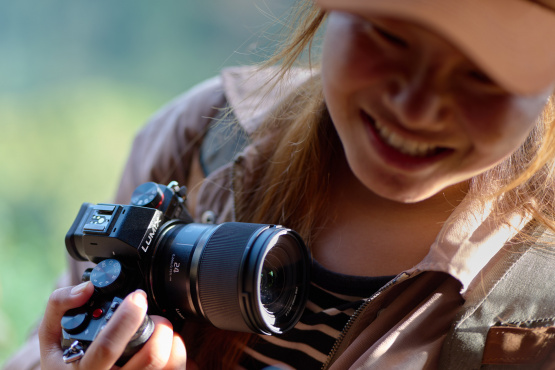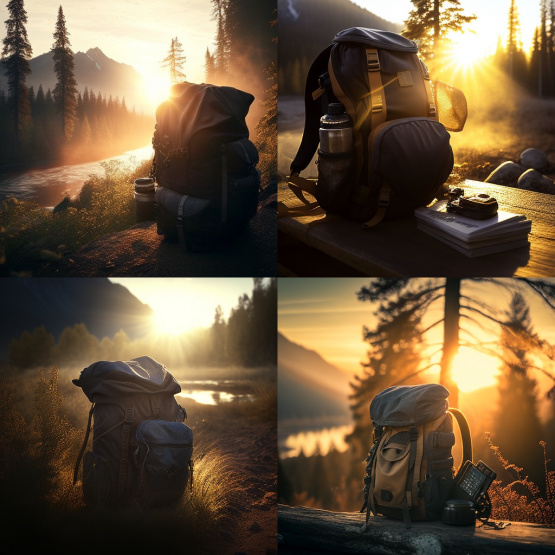We love the people who join our workshops and tours. These are people we want to see succeed, and most of them leave with a new set of skills and a sense of empowerment to do just that. Some go home and quit their jobs, ready to take on a more creative career direction. Some simply upgrade their existing photography business with a new skill set and better focus on what they can achieve for their clients. Some take that new found photographic confidence and work that talent into their cafe or restaurant.
Their success is something we take pride in. We work hard to give our participants what they need to take the next step.
Lately we've been hearing stories about other workshops that make us a little sad. I've heard this scenario a few times before, but recently it's been popping up a little more frequently. Some of these lovely folks we care about end up going to a different workshop and getting very different advice. Normally that's no biggie of course, because there are a lot of ways to express your creativity and there is no one true way to get stuff done. But what happens when that advice shuts down your creative output?
In this case I'm talking about shooting manual exposures, as though it's 1957 all over again.
M is for Madness
There are times when locking down the exposure on your camera makes sense. Studio lighting is such an example, or working landscapes and shooting for zone exposures. Slow and dedicated photography lends itself to having the camera metering locked down instead of reassessing for every frame. There are some photo journalists I've worked with who also love to shoot manual for everything, almost as a form of self-punishment I would argue, but they are guys who started shooting on film and for them it's a habit they refuse to quit. To each their own.
When someone comes on a food photography workshop or a travel photography tour they want to learn a whole bunch of new skills; it is counter productive in the extreme to force them to shoot everything manually. There are many reasons why I say this.
Photography is about creativity and the more you are focusing on the camera the less you are focusing on the composition and light. When I go into the world and capture moments I don't want any unnecessary hindrances to my creativity. There are a good many automated features on a modern camera and they help reduce my cognitive load so I can concentrate on what really matters. The formula for good exposures is easily built into the functionality of your camera. I suggest you use this functionality to your advantage.
In a workshop environment it's even more unhelpful to push people into manual exposures. These are people who are trying to fill their brains with a lot of new ideas and the last thing they need is a purely technical distraction. For some people they may well want to work manually, and that's their choice. Some people already have their own idea about how they work with a camera and me telling them to change may not be the best path of action. Telling everybody in a workshop to forego the technology in their hands and shoot manual seems like madness to me.
Sometimes this happens when an "instructor" doesn't actually know much about photography. If they come from a limited set of experience they will teach what they understand even if it's just plain wrong. Sometimes they are just padding out a schedule while trying to impart the impression of technical depth. Not everybody running a workshop has spent three years writing editorial for a national photography magazine or has been running workshops for over a decade and make a study of where people stumble and solutions to help them forward. As a workshop instructor it is so important to lead your participants to success, not to simply throw obstacles in their way. In our food photography workshops we swap from natural light techniques to studio flash, and hence show our companions where manual exposure makes sense. Context is everything.
P is for People
What makes me furious is knowing that some really talented individuals have gone home from some "workshops" and decided it was all too hard, and hung up their cameras. One person went into a stressful and difficult client shoot and tried to shoot it manually instead of trusting their own skills and experience, and ended up deeply disappointed with themselves. This is a really really talented person who already knew how to work auto-ISO effectively to control the minimum shutter speed and control their aperture priority. They took a huge backwards step and I am so angry that somebody running a workshop made them feel this was necessary.
Another person simply stopped using their camera for a year or so after attending a workshop and being told they *have to* do everything manual. It's so important when learning skills to have a chance to make mistakes, but you also need a chance to succeed. There are defining moments along a persons career when they make a break through or a connection and suddenly the world is seen with a new clarity and vision, and such moments are of critical importance. Guests join workshops in the hope of creating such moments of clarity and success and it is our responsibility to make every effort to make it happen.
Forcing people who are on a learning curve to shoot manual for no reason is pure ignorance. Setting people up to fall down is utterly unforgivable.
So please stop this madness. If you are running a workshop please stop showing off that you know how to do things the hard way and start showing people how to do things the smart way. Manual exposures have a context and so do automatic features on a camera. The world moved to digital a loooooong time ago and with it came a heap of benefits. If you are running a workshop and you don't understand those benefits, or never learned how a modern DSLR works, or don't know how to process images properly then please step back and stop trying to teach your attendees to repeat your mistakes. You are likely doing more harm than good.
When shooting landscapes at dusk manual exposure can be harnessed for creative control. When shooting auroras in the night sky it is essential. There is a time and a place for such techniques. When shooting people, streets and still life there is no logical reason to shoot manual. You will be moving between different light regimes and your exposures will move too. Being aware of those changes is one thing. Having to stop and waste valuable time and energy to respond to the light is completely avoidable.
A is for Aperture
My baseline setup is for aperture priority, usually around f/2 for portraits or still life, and the ISO set to auto with a minimum shutter speed of 1/200th of a second. It's good for many situations. I like complex lighting so I might need to take advantage of the exposure-lock if working with shadows, backlit scenes or sun flares. The ability to respond to a very wide range of situations very quickly is a great skill to have, and is much easier to master with priority modes then going manual. The ability to productively move through a shoot on location with a restaurant is another good skill, and letting the camera do the hard yards on exposure and white balance is very welcome. Shooting RAW files means you have latitude for fine adjustments back on the desktop if need be.
There are some shoots where you will end up with a handful of perfect images at the end of an 8 hour day. Most shoot are not like that and you are aiming for hundreds of perfect shots if not many many more. Disabling the very best features of a camera and working in manual exposures is simply a recipe for disappointment.
A lot has changed with camera technology in the last decade or so. In the camera and on the desktop. We have incredible tools at our disposal to capture better images, with better tonal qualities and work in ever more difficult lighting. The demand for great images has never been greater too. With that demand is a higher expectation from clients and the audience alike. They want more images and more quality, so you need to take full advantage of what the technology offers.
Yes we have to watch what the camera is doing. If you are unaware that you left the ISO locked on 6400 for the whole day or didn't notice the aperture ring slip from f/2 to f/16 then you will end up with some unwanted results. Attentiveness is a virtue, but custom mode dials are a lifesaver. Some folks may simply move towards manual exposure for their own satisfaction, because for them it's a more mindful and involved experience. Fair enough I say.
As a student you want to absorb the influences you went looking for, then decide what to keep or discard. You get to make it your own. As a teacher of photography, however, you have a unique responsibility and it should never be taken lightly. Your first priority is to help your students, and there is no basic setting for that.

